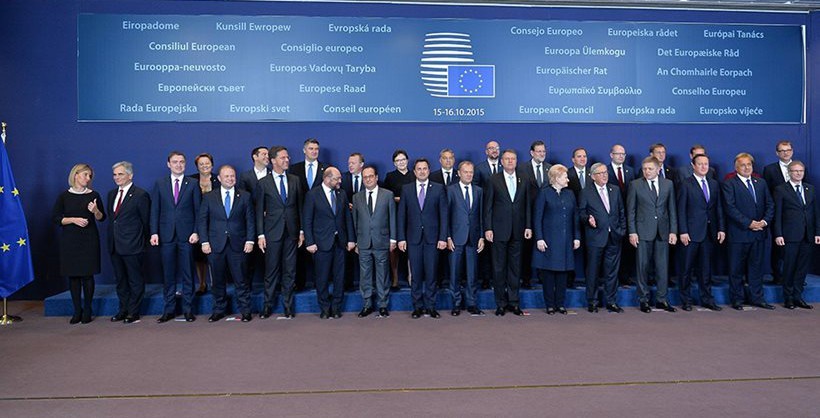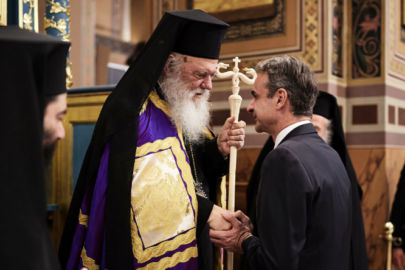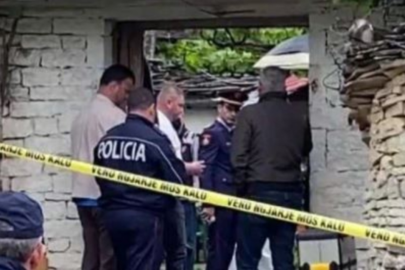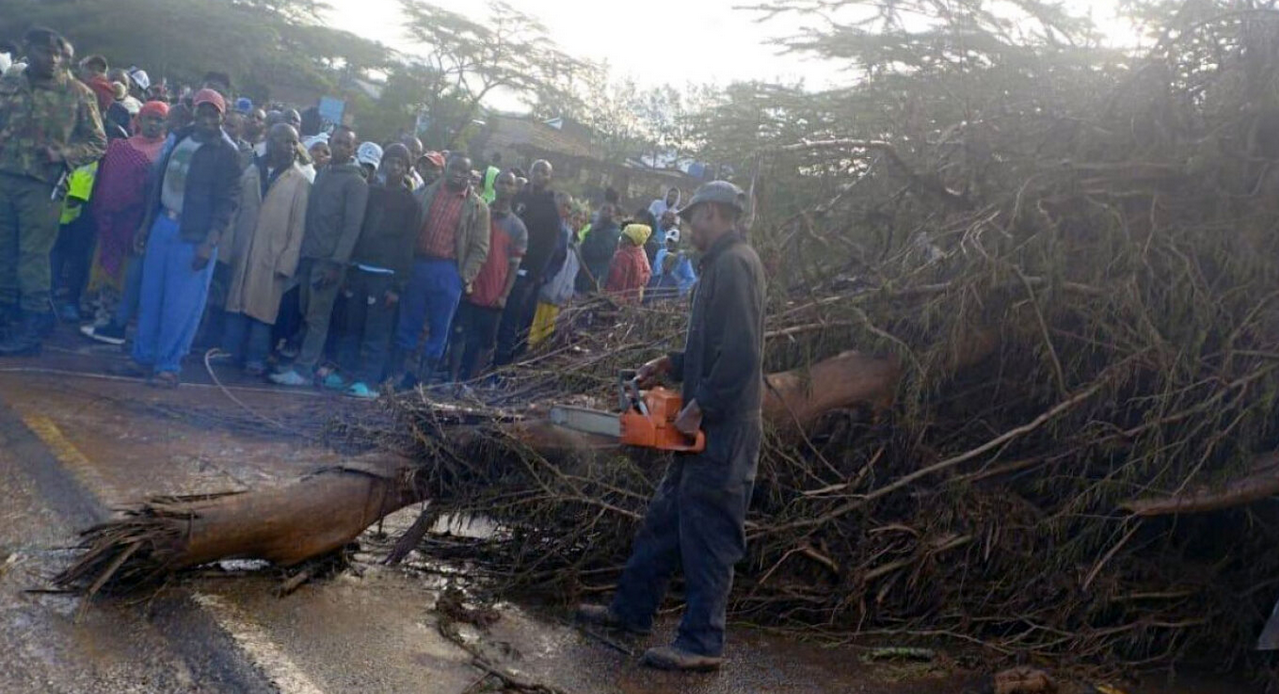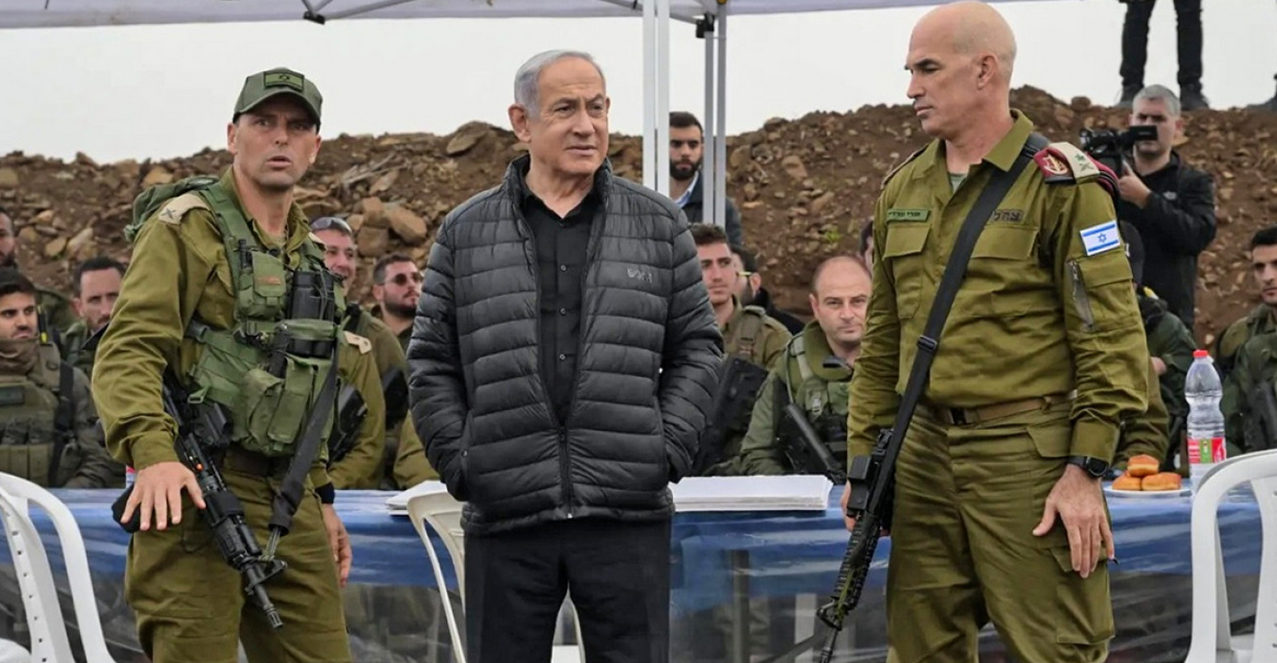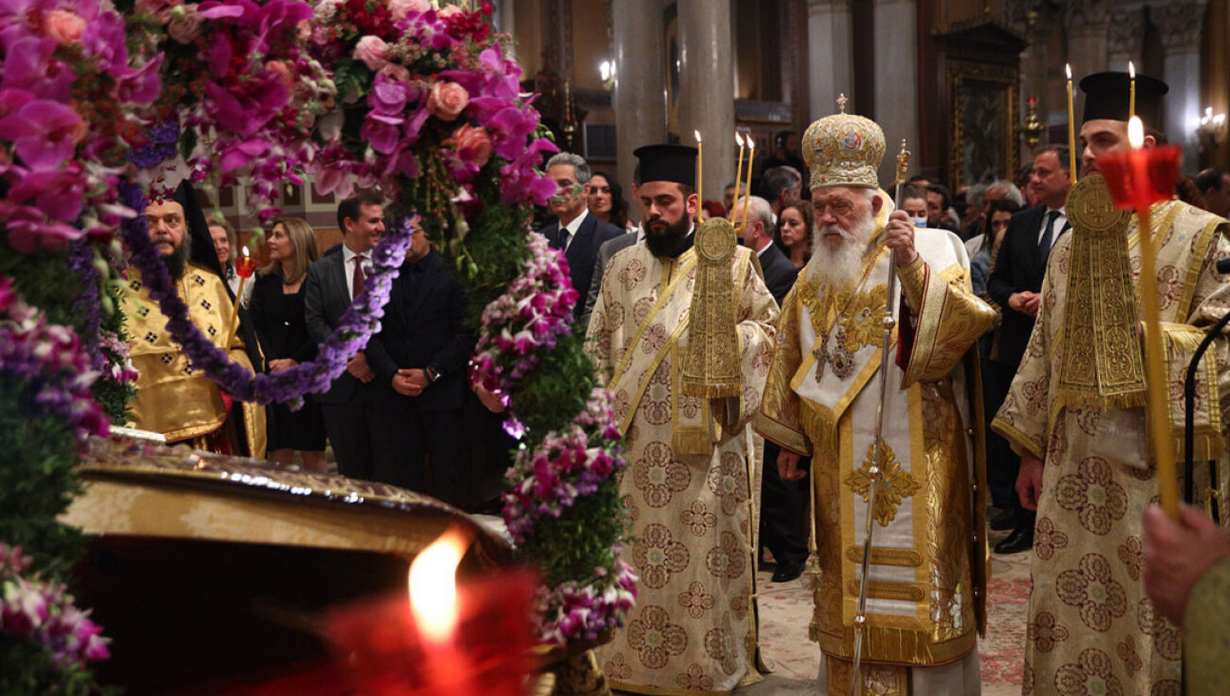The European Union on Thursday approved an action plan to address the refugee crisis that was negotiated between the European Commission and Turkey. EU leaders’ conclusions were documented and released as follows:
Migration
1. Tackling the migration and refugee crisis is a common obligation which requires a comprehensive strategy and a determined effort over time in a spirit of solidarity and responsibility. The orientations agreed by Heads of State or Government on September 23 focused on the most pressing issues. Their implementation is advancing rapidly, as evidenced by work undertaken within the Council and by the Commission report of October 14. This will be kept under close review, including as concerns the financial pledges and possible further needs.
2. The European Council set out the following further orientations:
Cooperating with third countries to stem the flows
a) welcomes the joint Action Plan with Turkey as part of a comprehensive cooperation agenda based on shared responsibility, mutual commitments and delivery. Successful implementation will contribute to accelerating the fulfilment of the visa liberalisation roadmap towards all participating Member States and the full implementation of the readmission agreement. Progress will be assessed in spring 2016. The EU and its Member States stand ready to increase cooperation with Turkey and step up their political and financial engagement substantially within the established framework. The accession process needs to be re-energized with a view to achieving progress in the negotiations in accordance with the negotiating framework and the relevant Council conclusions.
The European Council expressed its condolences to the people of Turkey following the Ankara bomb attack and pledged its support to fight terrorism;
b) ensure effective and operational follow up to the High-level Conference on the Eastern Mediterranean/Western Balkans Route, with particular emphasis on the management of migratory flows and the fight against criminal networks;
c) achieve concrete operational measures at the forthcoming Valletta Summit with African Heads of State or Government, focusing, in a fair and balanced manner, on effective return and readmission, dismantling of criminal networks and prevention of illegal migration, accompanied by real efforts to tackle root causes and to support the African socio-economic development together with a commitment concerning continued possibilities for legal migration;
d) explore possibilities for developing safe and sustainable reception capacities in the affected regions and providing lasting prospects and adequate procedures for refugees and their families, including through access to education and jobs, until return to their country of origin is possible;
e) ask Member States to further contribute to the efforts made to support UNHCR, World Food Programme and other agencies, as well as to support the EU’s Regional Trust Fund responding to the Syria crisis and the EU Trust Fund for Africa.
Strengthening the protection of the EU’s external borders (building on the Schengen acquis)
f) work towards the gradual establishment of an integrated management system for external borders;
g) make full use of the existing Frontex mandate, including as regards the deployment of Rapid Border Intervention Teams;
h) in accordance with the distribution of competences under the Treaty, in full respect of the national competence of the Member States, enhance the mandate of Frontex in the context of discussions over the development of a European Border and Coast Guard System, including as regards the deployment of Rapid Border Intervention Teams in cases where Schengen evaluations or risk analysis demonstrate the need for robust and prompt action, in cooperation with the
Member State concerned;
i) devise technical solutions to reinforce the control of the EU’s external borders to meet both migration and security objectives, without hampering the fluidity of movement;
j) welcome the Commission’s intention to rapidly present a package of measures with a view to improving the management of our external borders.
Responding to the influx of refugees in Europe and ensuring returns
k) in accordance with the decisions taken so far, press ahead with the establishment of further hotspots within the agreed timeframe to ensure the identification, registration, fingerprinting and reception of applicants for international protection and other migrants and at the same time ensure relocation and returns. Member States will support these efforts to the full, in the first place by meeting the calls for expertise from Frontex and EASO for the Migration Management Support Teams to work in hotspot areas and by the provision of necessary resources;
l) further to the first successful relocations, proceed rapidly with the full implementation of the decisions taken so far on relocation as well as our commitments on resettlement and on the functioning of hotspots;
m) at the same time step up implementation by the Member States of the Return Directive and, before the end of the year, create a dedicated return office within Frontex in order to scale up support to Member States;
n) enlarge the Frontex mandate on return to include the right to organise joint return operations on its own initiative, and enhance its role regarding the acquisition of travel documents for returnees;
o) promote the acceptance by third countries of an improved European return laissez-passer as the reference document for return purposes;
p) effectively implement all readmission commitments, whether undertaken through formal readmission agreements, the Cotonou Agreement or other arrangements;
q) further increase leverage in the fields of return and readmission, using where appropriate the “more‐for‐more” principle. In this regard, the Commission and the High Representative will propose, within six months, comprehensive and tailor‐made incentives to be used vis‐à‐vis third countries.
3. The orientations set out above represent a further important step towards our comprehensive strategy, consistent with the right to seek asylum, fundamental rights and international obligations. There are however other important priority actions that require further discussions in the relevant fora, including the Commission proposals. And there is a need for continuing reflection on the overall migration and asylum policy of the EU. The European Council will keep developments under review.
Syria and Libya
4. The European Council discussed political and military developments in Syria, including their impact on migration. The Assad regime bears the greatest responsibility for the 250.000 deaths of the conflict and the millions of displaced people. The European Council agreed on the need to focus on the fight against DAESH and other UN-designated terrorist groups in the framework of a united and coordinated strategy and a political process on the basis of the Geneva Communiqué of 2012. The EU is fully engaged in finding a political solution to the conflict in close cooperation with the UN and the countries of the region and calls on all parties involved to work to that effect. There cannot be a lasting peace in Syria under the present leadership and until the legitimate grievances and aspirations of all components of Syrian society are addressed. The European Council expressed its concern about the Russian attacks on the Syrian opposition and civilians and the risk of further military escalation.
5. As regards Libya, the European Council welcomed the announcement made by the UN and called on all parties to swiftly endorse it. The EU reiterates its offer of substantial political and financial support to the Government of National Accord as soon as it takes office.
European Council President Donald Tusk’s statement following the meeting:
First of all, allow me to express cautious optimism, and I have to underline of course the word cautious. (On Thursday) leaders took important decisions that will help secure the Union’s external borders.
We welcomed the agreement of an EU-Turkey joint action plan to tackle the current migratory crisis. Our intensified meetings with Turkish leaders here in Brussels, Ankara, and in New York in the last couple of weeks, were devoted to one goal: stemming the migratory flows that go via Turkey to the EU. The action plan is a major step in this direction. Still, as I made clear from the very start, an agreement with Turkey makes sense only if it effectively contains the flow of refugees. Here let me thank Jean-Claude and the Commission for the great work in negotiating the action plan, it was really a demanding and difficult issue and all of us were very impressed by the effectiveness and impressive pace.
Second, we agreed to work on an integrated border management system that will go beyond the Frontex mandate. In the coming months, the agency will be developed into a more operational body. Our aim is to give Frontex the right to return irregular migrants on its own initiative, and to make it more proactive in protecting the external borders. In the meantime, Member States will be ready to send hundreds more border guards to Frontex and EASO to secure the hotspot areas in Greece and Italy.
Progress on genuine border security is in my opinion, a very important achievement of tonight. Not because I have advocated the need to protect the EU’s borders, but because it is our first obligation to protect the European community, and to guarantee public order. We have made a step in this direction.
Third, we also discussed broader challenges in order to be ready for a new influx of refugees next year. We had a debate on the future of the Dublin regulation, on the EU border guard system and on the specific role of hotspots. These are all divisive issues and the goal today was to have a first serious exchange of views on them. If we are not able to find humanitarian and efficient solutions, then others will find solutions which are inhumane, nationalistic and for sure not European.
And finally on Britain: I briefed leaders on the preparatory discussions between my officials and the UK over the last months. We welcomed Prime Minister Cameron’s commitment to set out the UK’s specific concerns in writing by early November. Thank you

